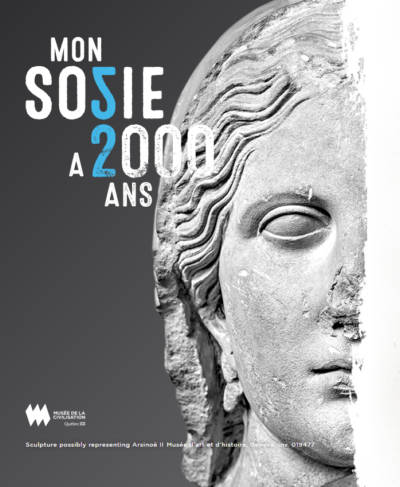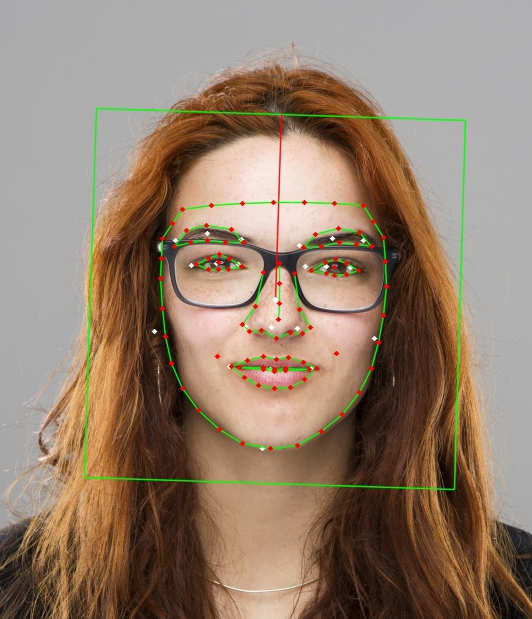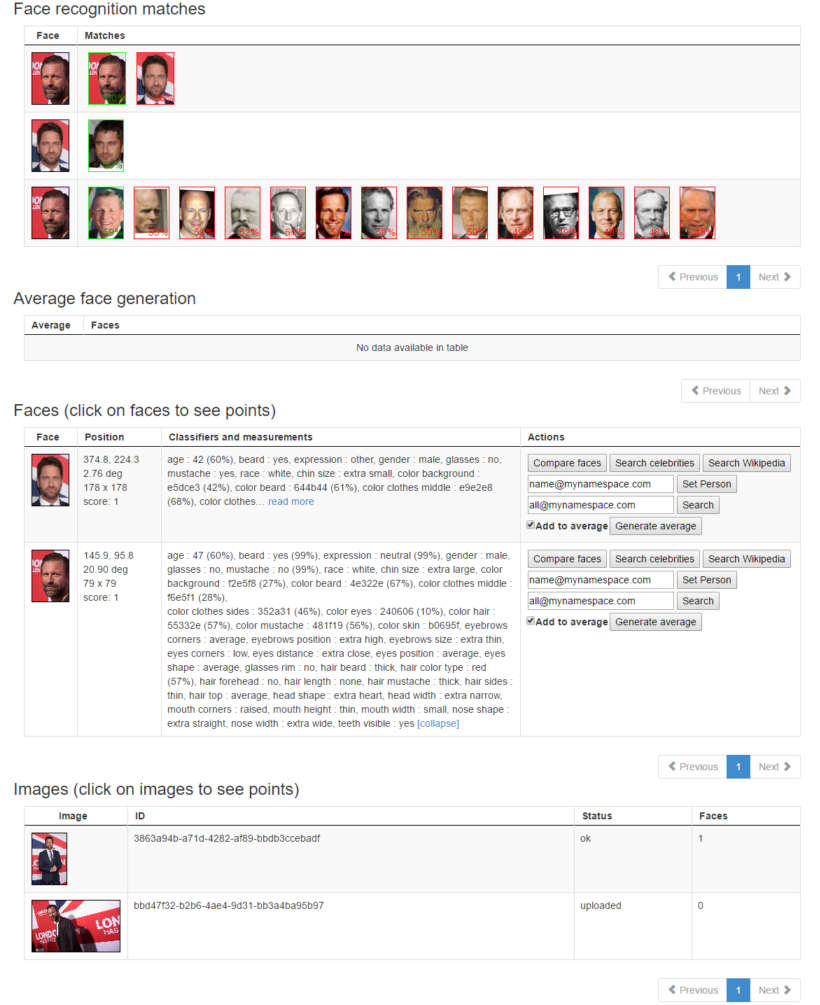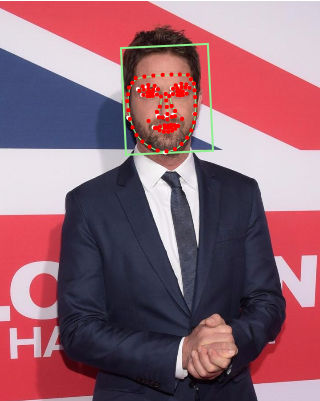| Find Your 2000-Year-Old Double With Face Recognition |
| Written by Nikos Vaggalis |
| Saturday, 18 February 2017 |
|
Wouldn't you like to know if you look like Caesar or Venus? It's now possible thanks to advanced face recognition software. Discover how the Quebec Musée de la Civilisation is using the Betaface API to find lookalikes of its collection of classical sculptures.
Most people are pleasantly surprised the moment they're told that they resemble a celebrity. Of course, nowadays when VIP's photos are everywhere on the media, comparing oneself to modern day celebrities is very easy. But what if with today's technology you could discover if you resemble a celebrity of the ancient times, hundreds or thousands of years back? Wouldn't you like to know if you look like Caesar, Augustus, Demosthenes or another historical figure, or are more like a mythical one such as Heracles or Aphrodite?
Enter Quebec's Musée de la Civilisation, who by utilizing the Betaface advanced face recognition software, turned fantasy into reality. As part of the "My 2000-Year-Old Double" exhibition planned for 2019, the Museum accepts photos from people around the world, and matches their likenesses with those of some 60 sculptures created 2000 years ago. Of course matching against the face of a sculpture, is a task that requires both advanced computer vision capabilities and the quality of the photograph of the subject, which must adhere to the following standards:
There is an example of the perfect photo sample here. Submitting your photo to an online service may cause privacy concerns, although if you are a social media fan you probable already share your selfies widely online. The exhibition's privacy policy explains how it will use the photos it selects: "Each selected entrant accepts that his or her photograph and name may be publicly displayed in the exhibition My 2000-Year-Old Double and on Musée de la civilisation’s website and social media accounts. The entrant agrees to sign an authorization to this effect at the time of the photo shoot", and there's even a good chance of rising to fame: "Entrants chosen in the final selection process will be contacted by phone or email in spring 2017 by a Musée de la civilisation employee for a professional photo session at the studio of François Brunelle." In turn the Museum promises:
Technology-wise the project is backed by the Betaface face recognition software which analyzes faces using 123 facial landmarks, going through the following distinct phases :
At the output phase, the photo is then classified according to gender, age, ethnicity, emotion (smile/neutral) or even according to extended measurements, such as
In the Museum's case, the generated template is compared to a previously compiled database of statue templates and the results of the likenesses are presented as a percentage of similarity. For demonstration purposes, the Betaface API is accessible online and is both free for commercial or non-commercial applications. We've subjected it to a few test cases:
Given this photo of Gerard Butler:
this is the output: age : 42 (60%), beard : yes, expression : other, gender : male, glasses : no, mustache : yes, race : white, chin size : extra small, color background : e5dce3 (42%), color beard : 644b44 (61%), color clothes middle : e9e2e8 (68%), color clothes sides : 353540 (83%), color eyes : 804a41 (56%), color hair : 44271e (77%), color skin : b36e63, eyebrows corners : average, eyebrows position : extra high, eyebrows size : extra thin, eyes corners : average, eyes distance : average, eyes position : extra high, eyes shape : average, glasses rim : no, hair beard : thick, hair color type : brown (77%), hair forehead : no, hair length : none, hair mustache : none, hair sides : very thin, hair top : average, head shape : average, head width : extra narrow, mouth corners : raised, mouth height : extra thin, mouth width : extra small, nose shape : extra straight, nose width : extra wide, teeth visible : no with a confidence score of correlating the photo to his name of 59. As well as the Web demo, there's an Android version that is currently limited to comparing faces to a famous people database, but will be extended to allow the creation of private databases in a future version. If you are interested in the machine learning and computer vision that enable this type of functionality you may be interested in participating in an online developer event covering the latest developments in AI taking place at the end of April, details of which are given in AI With The Best Online With Geoffrey Hinton. Tickets cost $60 ($20 for students) but if you book via this link before February 26th using the code IPROGRAMMER you can take advantage of a 50% discount.
More Information
Related ArticlesAI With The Best Online With Geoffrey Hinton Amazon Rekognition Can Now Estimate Your Age New Facebook Computer Vision Tags Neural Networks for Storytelling OpenFace - Face Recognition For All
To be informed about new articles on I Programmer, sign up for our weekly newsletter, subscribe to the RSS feed and follow us on Twitter, Facebook or Linkedin.
Comments
or email your comment to: comments@i-programmer.info
|
| Last Updated ( Saturday, 18 February 2017 ) |






